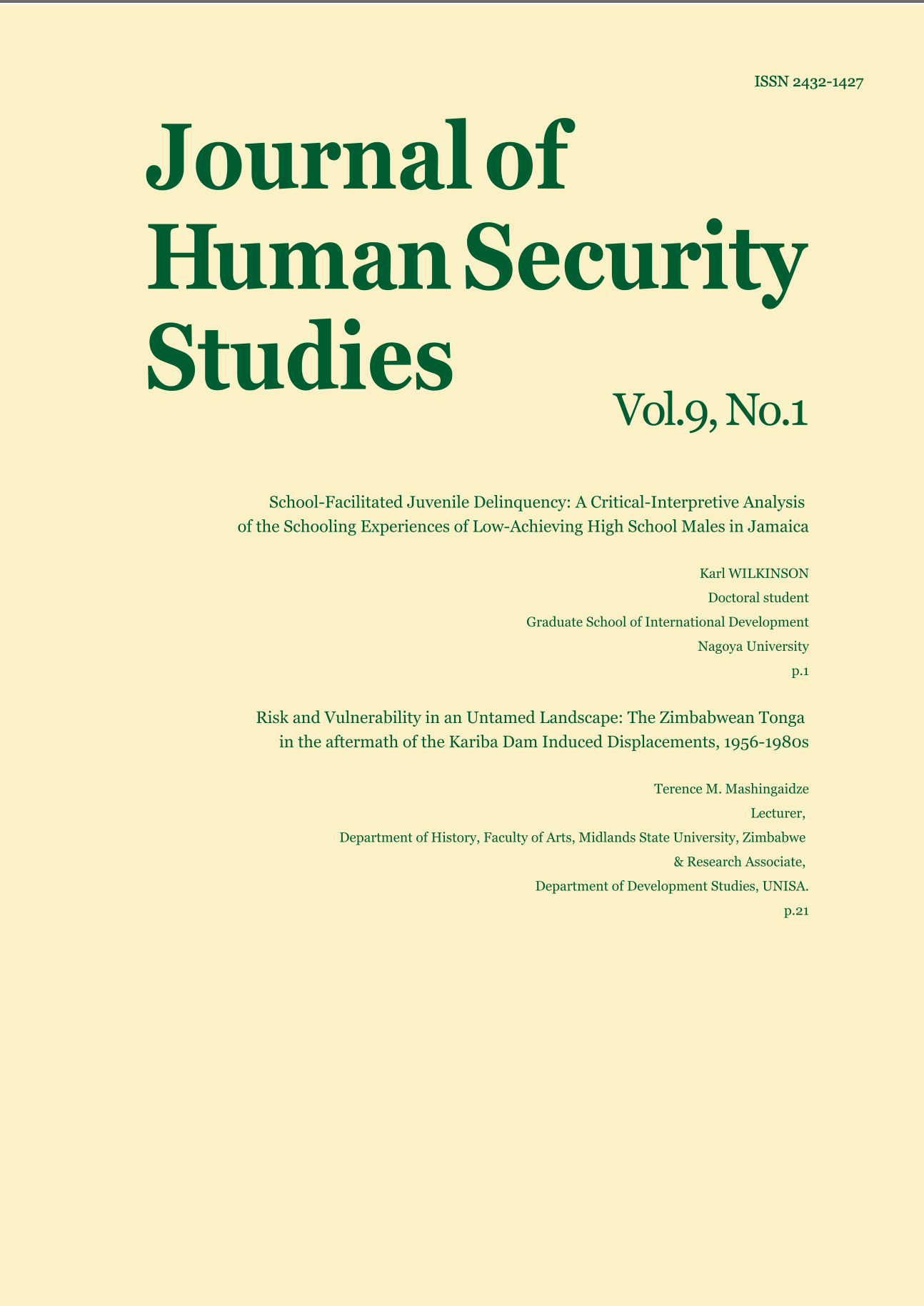The 2030 Agenda and the SDGs respond to humanity’s challenge to live humanely, justly, sustainably and in peace on our interconnected globe. Pursuit of the Agenda is inevitably subject to forces that ‘shake and stir’ it. Correspondingly, our analytical frameworks need to be shaken and stirred too, to be more perceptive and responsive to emergent objective threats, subjective fears, and their impacts. A human security perspective offers an essential complement to the thinking and action underway for the SDGs, because insecurities arise in diverse and fluctuating forms in the daily lives of most people, produced by local, national, international and global forces. The worldwide ‘shake and stir’ triggered by COVID-19 is a reminder of how serious and all-encompassing such disruption can be. A human security perspective should be added in and/or to SDGs planning and implementation, at country level and in multilateral arenas. The perspective can draw together many available tools and stimulate their use focused on recognising and managing threats in people’s daily lives, not least by increasing human resilience. This paper presents the approach’s rationale, certain components, and its relevance to the SDGs Agenda, then presents two extended case studies: first, from almost 20 years of experience with human security-related thinking and practice in Latvia, and, second, from the COVID-19 pandemic and the resulting crises. It concludes with some suggestions for UN organizations, governments, and policy researchers.
Keywords: Sustainable Development Goals, human security approach, human resilience, Latvia, COVID-19 crisis, social contract
抄録全体を表示
